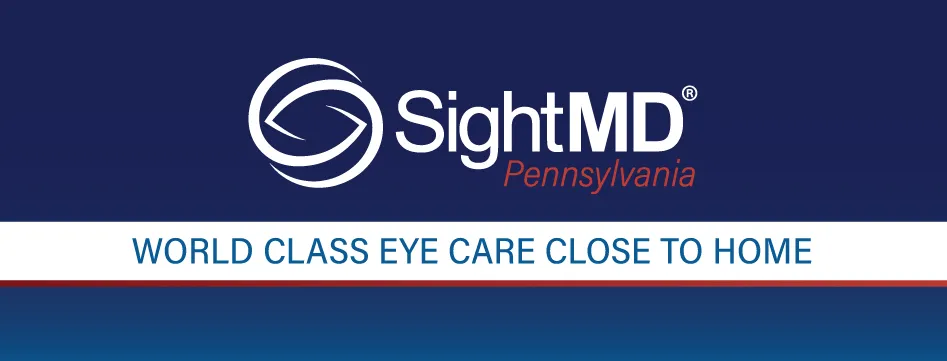
For information on submitting an obituary, please contact Reading Eagle by phone at 610-371-5018, or email at obituaries@readingeagle.com or fax at 610-371-5193.
Most obituaries published in the Reading Eagle are submitted through funeral homes and cremation services, but we will accept submissions from families. Obituaries can be emailed to obituaries@readingeagle.com.
In addition to the text of the obituary, any photographs that you wish to include can be attached to this email. Please put the text of the obituary in a Word document, a Google document or in the body of the email. The Reading Eagle also requires a way to verify the death, so please include either the phone number of the funeral home or cremation service that is in charge of the deceased’s care or a photo of his/her death certificate. We also request that your full name, phone number and address are all included in this email.
All payments by families must be made with a credit card. We will send a proof of the completed obituary before we require payment. The obituary cannot run, however, until we receive payment in full.
Obituaries can be submitted for any future date, but they must be received no later than 3:00 p.m. the day prior to its running for it to be published.
Please call the obituary desk, at 610-371-5018, for information on pricing.
Every year, National Eye Health Week is recognized from Sept. 18-24, serving as a powerful reminder of how essential it is to prioritize our vision and overall eye health. At SightMD Pennsylvania, we are proud to join this national effort by raising awareness and offering actionable advice to help our community maintain optimal eye health at every age.
Why does eye health matter?
Our eyes are our windows to the world. Vision affects how we experience life — from reading and driving to working, connecting with loved ones and enjoying nature. While most people know the importance of clear vision, many overlook the fact that eye health is directly tied to overall well-being and quality of life.
Eye diseases often develop silently, without noticeable symptoms in their early stages. Conditions such as glaucoma, macular degeneration, diabetic retinopathy and cataracts can progress without pain or discomfort. By the time vision problems are noticed, irreversible damage may have already occurred.
But eye health isn’t just about disease prevention. Vision impairment can lead to reduced independence, increased risk of injury (especially in older adults) and even cognitive decline. Keeping your eyes healthy helps ensure that you can continue to live life on your own terms —safely, independently, and with confidence.
The link between eye health and general health
What many don’t realize is that your eyes can also reveal signs of systemic health conditions. During a comprehensive eye exam, an ophthalmologist or optometrist may detect early signs of:
• Diabetes
• High blood pressure
• High cholesterol
• Autoimmune diseases
• Certain types of cancers
In some cases, an eye exam may be the first indication of a larger health issue — long before other symptoms emerge. That’s why it’s so important to treat your annual eye exam as a vital part of your healthcare routine, just like a physical or dental check-up.
Tips for maintaining lifelong eye health
While some eye conditions are genetic or age-related, many are preventable or manageable with the right lifestyle choices and care. Here are several simple yet effective ways to keep your eyes healthy:
1. Wear sunglasses with UV Protection: Exposure to ultraviolet (UV) light increases your risk of cataracts, macular degeneration, and other eye conditions. Choose sunglasses that block 99%–100% of both UVA and UVB rays — even on cloudy days — and consider wearing a wide-brimmed hat for extra protection.
2. Schedule regular eye exams: An annual comprehensive eye exam is one of the most important steps you can take for your vision. Even if you’re not experiencing symptoms, early detection and treatment of eye conditions can preserve your vision for years to come. At SightMD Pennsylvania, our experienced providers use the latest diagnostic tools to examine not just your eyesight, but your overall eye health.
3. Eat a vision-friendly diet: Your diet plays a critical role in maintaining eye health. Nutrients like vitamins C and E, zinc, lutein and omega-3 fatty acids are known to reduce the risk of chronic eye diseases. Incorporate foods such as:
• Leafy green vegetables (spinach, kale)
• Carrots and sweet potatoes
• Citrus fruits and berries
• Salmon, tuna and other oily fish
• Eggs and nuts
4. Stay hydrated: Dehydration can lead to dry eyes, irritation and even blurry vision. Aim to drink plenty of water throughout the day, especially if you work in a dry environment, spend hours in front of a screen, or wear contact lenses. For those who struggle with chronic dry eye, additional treatment options may be available. Talk to your doctor about specialized therapies tailored to your condition.
5. Protect your eyes during activities: Whether you’re playing sports, working with power tools or cleaning with strong chemicals, wearing the right protective eyewear is crucial. Accidents can happen in an instant, but many eye injuries are preventable with safety goggles or protective glasses.
6. Limit screen time and take breaks: Digital devices are a part of daily life, but prolonged use can cause digital eye strain or computer vision syndrome. Follow the 20-20-20 rule: Every 20 minutes, look at something 20 feet away for at least 20 seconds. Adjust your screen brightness, use proper lighting, and keep your screen at eye level to minimize strain.
Eye health for all ages
It’s never too early — or too late — to care for your eyes. Children should have their first comprehensive eye exam by age1, another before kindergarten and routine checks as they grow. Teens and adults should maintain regular exams to ensure stable vision and monitor for early signs of disease.
Seniors face increased risks for age-related conditions like cataracts, glaucoma and macular degeneration. Annual eye exams can help manage these conditions, reduce the risk of falls or injuries and maintain independence.
Don’t wait — protect your vision today
Whether you’re noticing changes in your vision or it’s simply time for your annual checkup, our team at SightMD Pennsylvania is here to help. Our ophthalmologists and optometrists are committed to providing compassionate, personalized care to meet your needs.
We encourage all members of the community to use National Eye Health Week as a reminder to prioritize their eye health — for themselves and their loved ones. Early detection, healthy habits, and regular visits to your eye doctor are the best ways to preserve your vision for a lifetime.
Ready to schedule an eye exam?
Your vision deserves the best care. If it’s been over a year since your last eye exam, now is the perfect time to get back on track. Contact SightMD Pennsylvania today to book an appointment with one of our trusted providers.
Together, let’s celebrate National Eye Health Week by taking a proactive step toward healthier vision.
SightMD has an office at 1300 Broadcasting Road, Spring Township. Call 610-396-9999 or visit sightmd.com to book your appointment. Together, we can help your child see the world more clearly.



